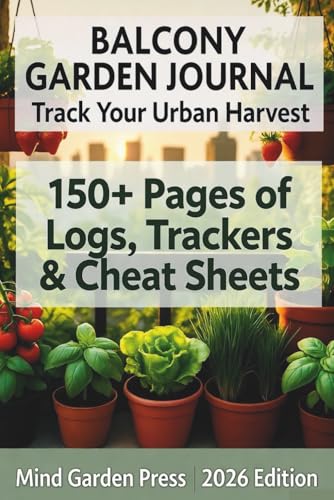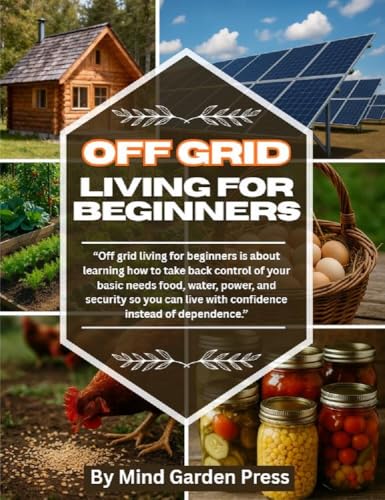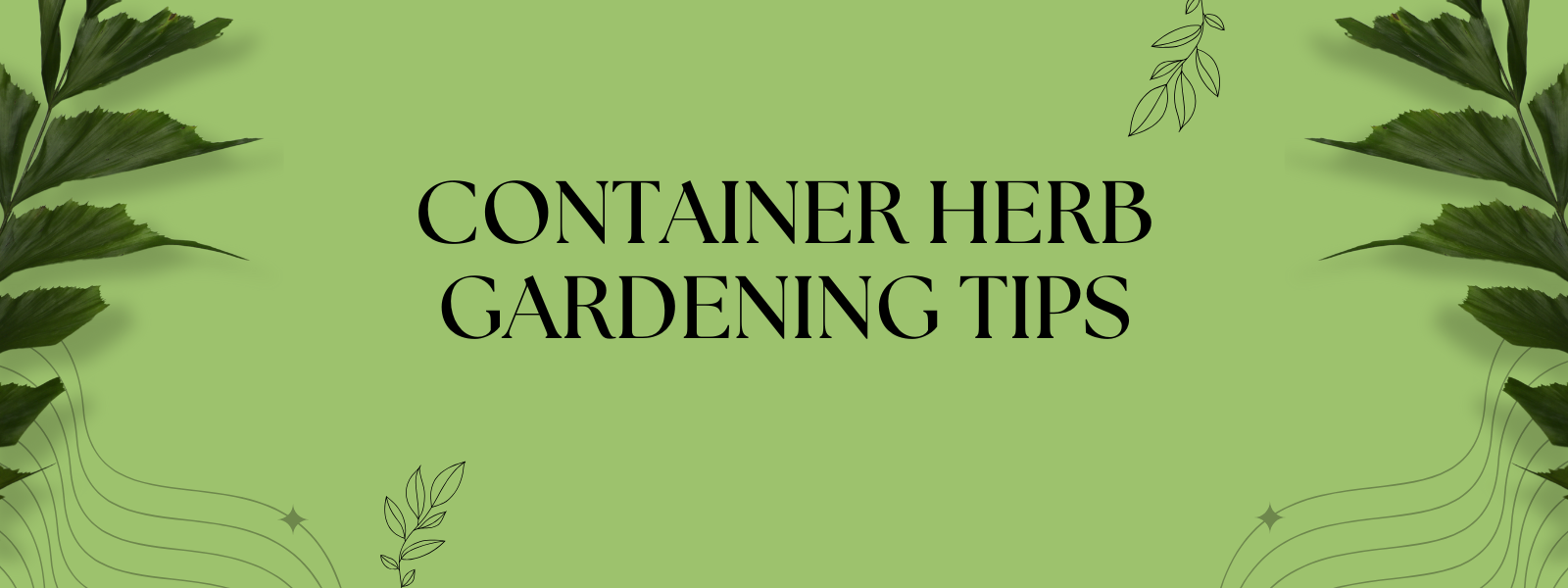
🌿 Sign Up for Your Free 3-Month Gardening Log!
Keep your garden thriving all season long with our 30 Weekly Garden Logs — perfect for tracking plant growth, watering schedules, weather notes, and harvest results.
When you sign up, you’ll also receive a free 3-Month Gardening Log Journal to stay organized and inspired as you grow.
Join below and start logging your garden today!
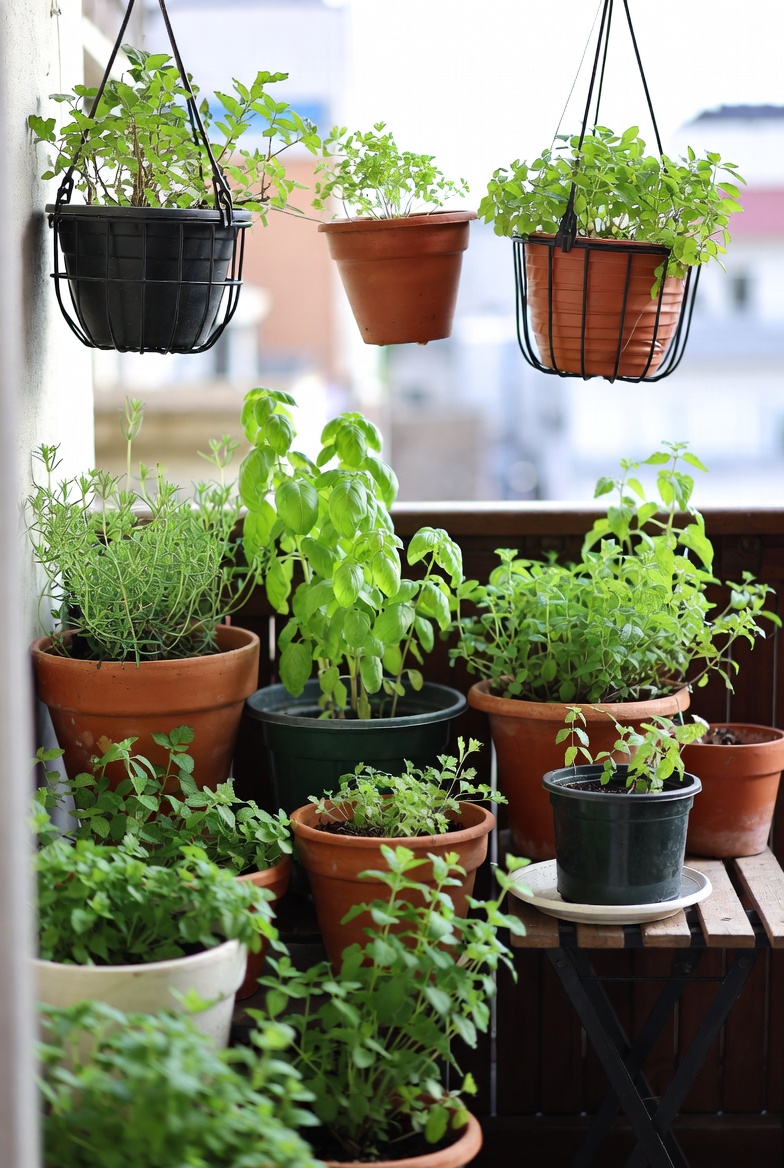
Container Herb Gardening Tips You’ll Wish You Knew Sooner
Growing herbs in containers is perfect for balconies, patios, and small spaces—but there are a few tricks that make everything easier. These container herb gardening tips will help you avoid common mistakes and keep your plants thriving all season.
Use this guide together with the tracking pages in my balcony gardening journal (ASIN B0FZVM9K3L) to record which containers, soils, and watering routines work best for your space.
Tip #1: Choose the Right Container Size
Tiny pots dry out fast and can stunt plant growth. As a general rule, most herbs do best in containers that are at least 8–10 inches wide and deep.
| Herb | Minimum Pot Size | Suggested Container |
|---|---|---|
| Basil | 8–10″ | Single pot or window box |
| Mint | 10–12″ | Dedicated pot (spreads fast) |
| Rosemary | 12″+ | Sturdy, heavy pot |
| Thyme | 8″ | Shared planter or pot |
Tip #2: Use Quality Potting Mix (Not Garden Soil)
Container herbs need soil that drains well but still holds some moisture. A good potting mix is light, fluffy, and usually includes ingredients like peat, coir, perlite, or compost.
- Avoid heavy garden soil—it compacts and holds too much water.
- Look for mixes labeled “for containers” or “for pots.”
- Consider adding a small amount of compost for extra nutrients.
Tip #3: Make Drainage a Priority
Herbs hate sitting in soggy soil. Without good drainage, roots can rot quickly.
- Always use containers with drainage holes.
- Place saucers under indoor pots, but empty excess water.
- On balconies, make sure water can flow away safely.
Tip #4: Group Herbs with Similar Needs
When planting herbs together in window boxes or larger containers, group plants that like the same conditions.
- Sun-loving, drier soil: Thyme, rosemary, oregano, sage.
- Moist, partly shaded: Mint, parsley, chives, cilantro.
Tip #5: Rotate Containers for Even Growth
On many balconies, one side gets more light than the other. Rotate your pots every week or two so each plant gets its fair share of sun.
Tip #6: Adjust Watering by Season
Container herbs dry out faster in hot, windy weather and stay wet longer in cool, cloudy conditions. Change your routine as the seasons shift:
- Summer: Check pots daily; water when the top inch feels dry.
- Spring/Fall: Check every 2–3 days.
- Winter (mild climates): Water sparingly but don’t let roots dry out completely.
Where to Go Next
Now that your containers are set up the right way, you’re ready to explore more balcony herb gardening ideas:
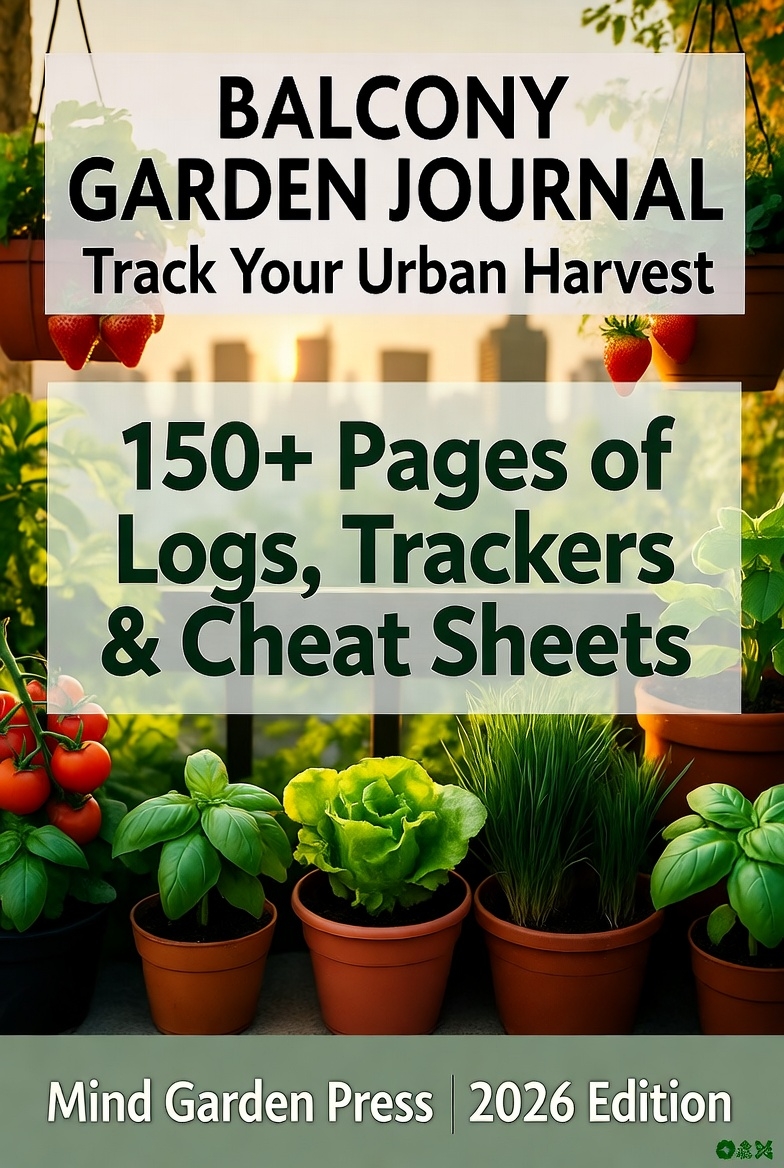
Track Your Balcony Garden Progress
Turn your balcony herb garden ideas into a living reality with the Balcony Gardening Journal (ASIN B0FZVM9K3L) — your hands-on companion for planning, tracking, and celebrating every season’s growth.
Record sunlight patterns, watering schedules, weekly notes, and harvests all in one easy place. A perfect match for every cluster guide in your balcony gardening journey.
View the Balcony Gardening Journal on Amazon

